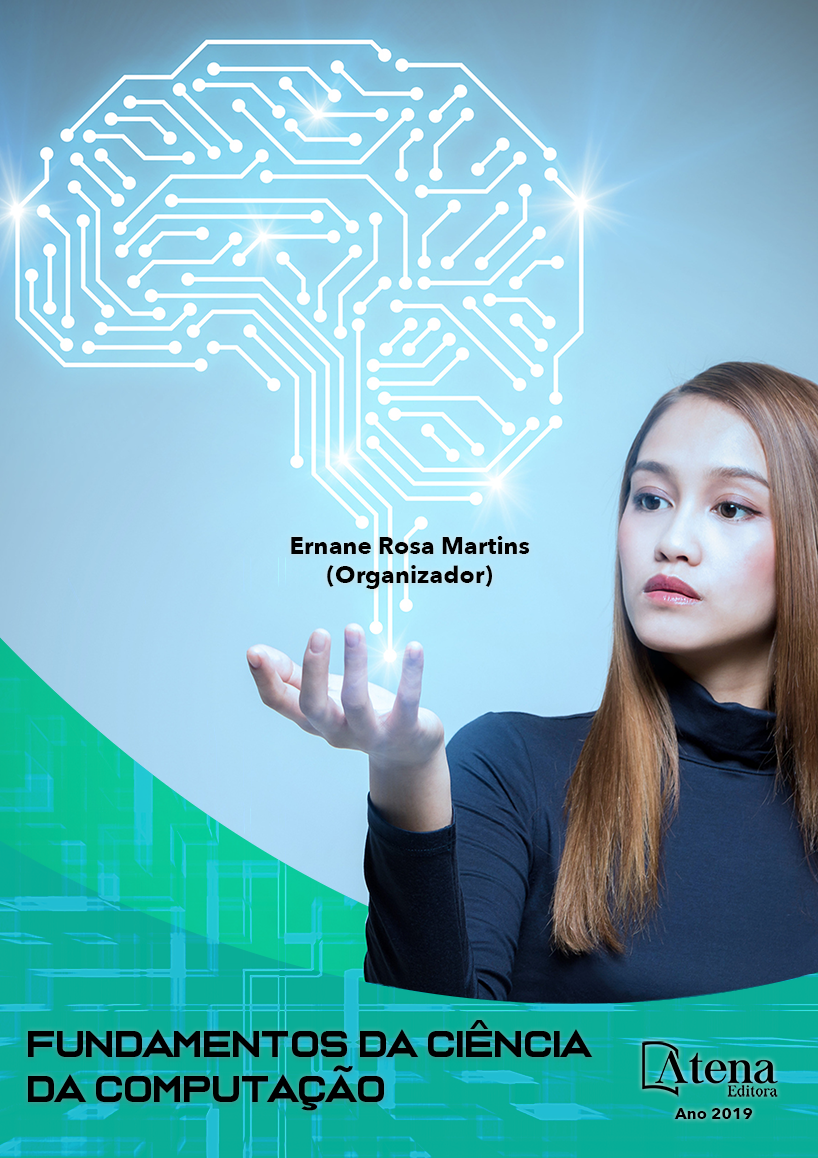
PROBLEMAS EM ABERTO NA COMPUTAÇÃO E NA MATEMÁTICA QUE VALEM PRÊMIOS
Atualmente existem diversos
problemas na área da Matemática e da
Computação, cujas soluções podem ser
bastante relevantes para o avanço tecnológico
da sociedade, mas que ainda estão em aberto,
ou seja, não foram resolvidos ou não se sabe
se têm uma solução. Neste trabalho, propomos
o estudo desses problemas como estratégia
motivacional do ensino da Matemática
nos cursos superiores de Computação e
Informática. Para isso, fizemos uma descrição
simplificada e didática dos problemas em aberto
mais significativos, analisando o impacto das
possíveis soluções no avanço da tecnologia.
Os problemas analisados foram: P versus NP,
a Hipótese de Riemann, o prêmio da Electronic
Frontier Foundation (EFF) para encontrar o
maior número primo e os prêmios da XPrize
Foundation para solucionar problemas gerais
da sociedade.
PROBLEMAS EM ABERTO NA COMPUTAÇÃO E NA MATEMÁTICA QUE VALEM PRÊMIOS
-
DOI: 10.22533/at.ed.57219070310
-
Palavras-chave: Problemas em Aberto, Ciência da Computação, Educação Matemática, P versus NP, Electronic Frontier Foundation, Xprize Foundation .
-
Keywords: Open problems, Computer Science, Mathematics Education, P versus NP, Frontier Electronic Foundation, Xprize Foundation.
-
Abstract:
There are several problems
in Mathematics and Computitation that the
solutions may be relevant to the advance of the
technology of the society. These problems are
still open, i.e., they have not been solved or it is
not possible to know if they have a solution. In
this work, we study these problems with the goal
to find a motivational strategy for the teaching
of Mathematics in Computer Science. For this,
we did a simplified and didactic description of
the most significant open problems and we
investigated the impact of possible solutions on
the advancement of technology. The problems
analyzed were: the P versus NP problem, the
Riemann Hypothesis, the Electronic Frontier
Foundation (EFF) award to find the higher prizes
and prizes from the XPrize Foundation to solve
general society problems.
-
Número de páginas: 15
- Ana Luisa Soubhia
- Ronaldo Barbosa
- Suzana Lima de Campos Castro


